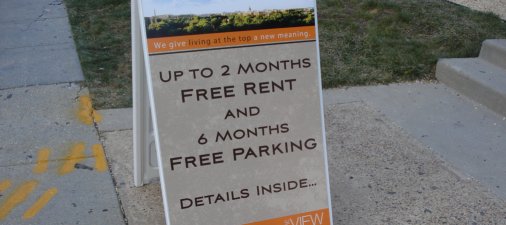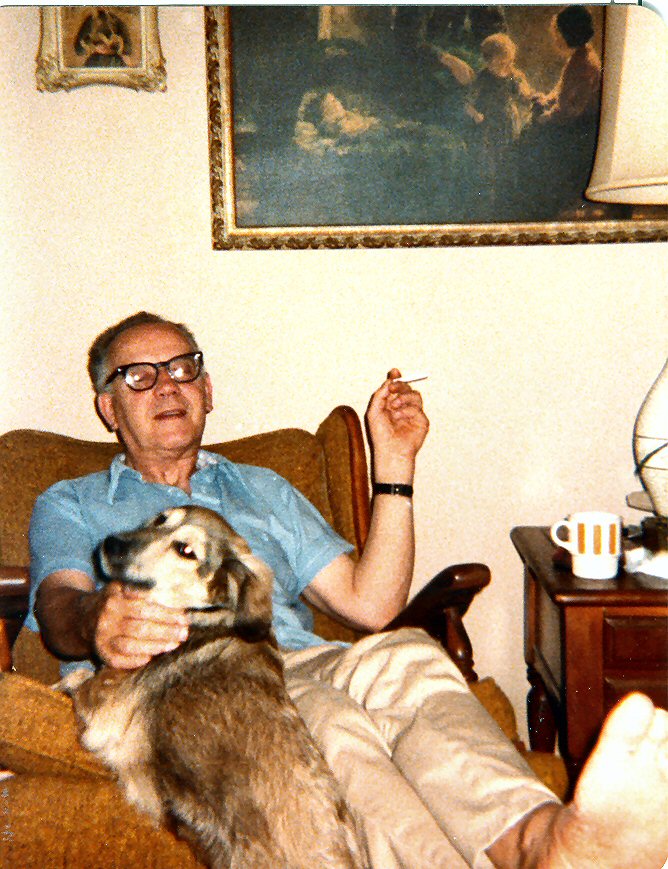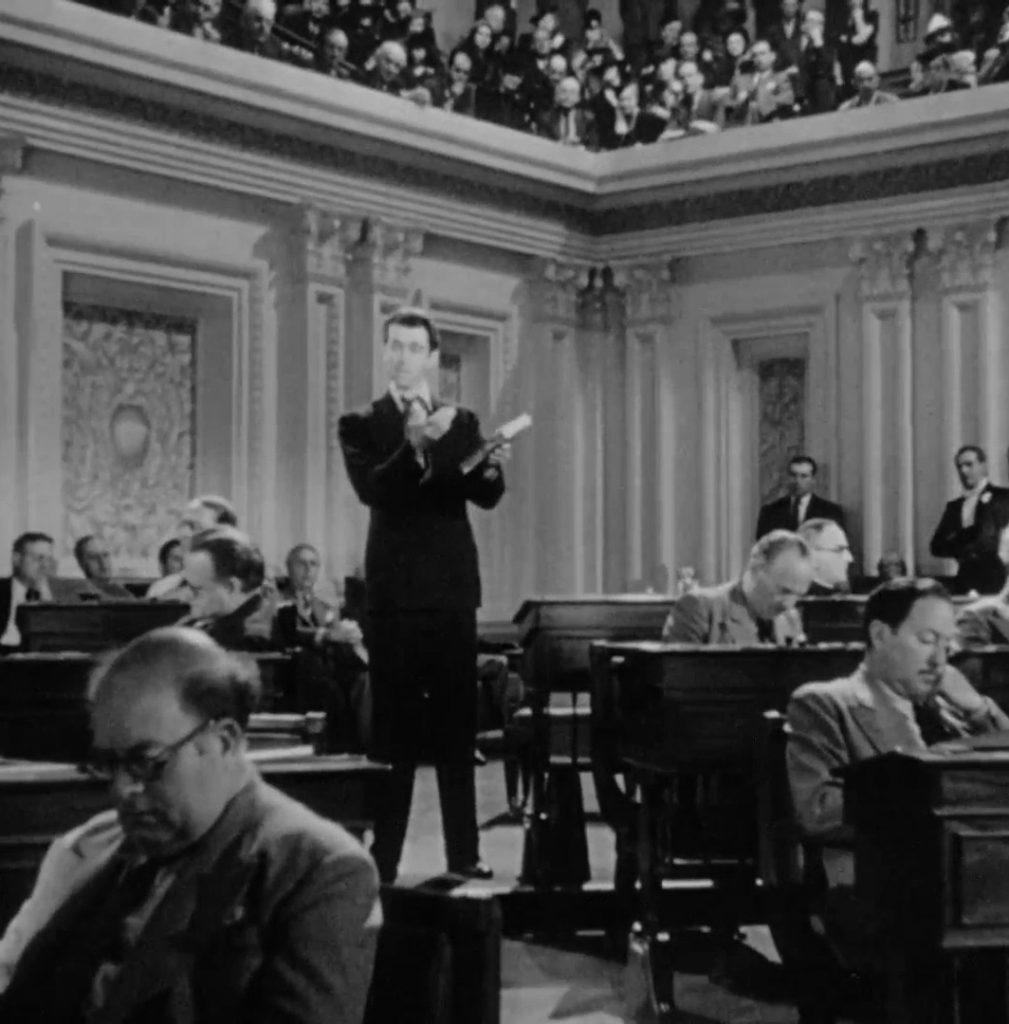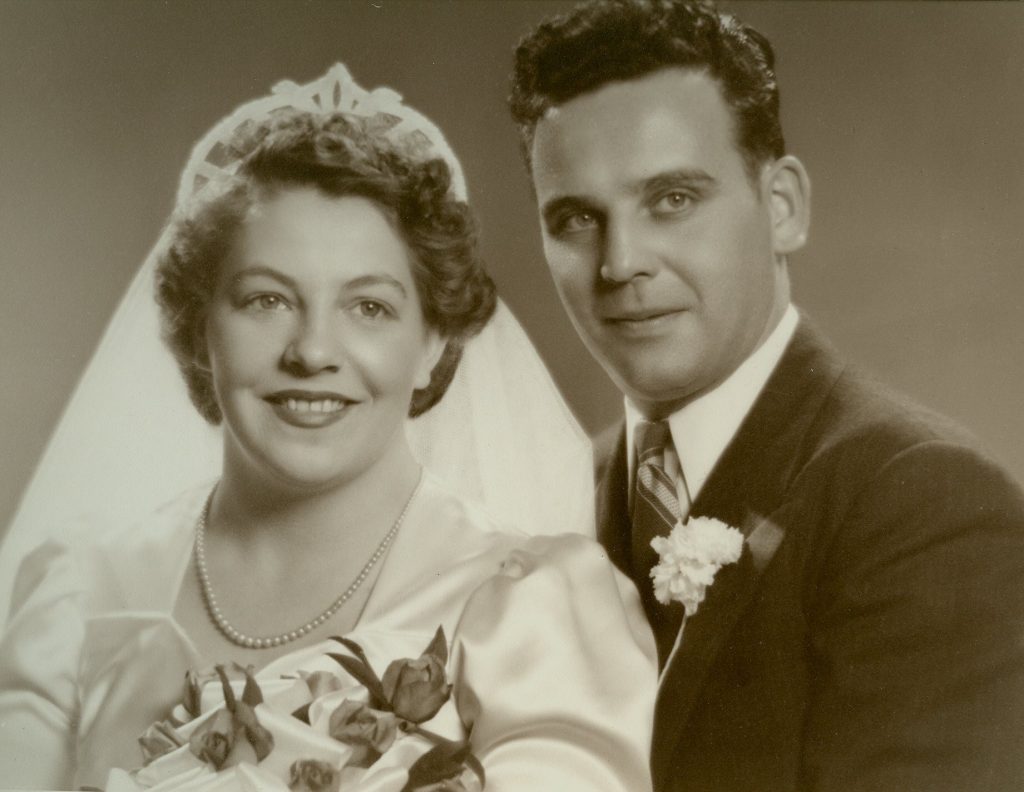Below is Frogner Park in Norway, where Espen was born.

Today is Espen’s birthday. The youngest of the kids is now eighteen. I remember the day he was born eighteen years ago. Espen was born in Baerum Sykehus near Oslo. It snowed the day before he was born. The snow mostly stays on the ground in Norway between November and March, but I remember looking out the hospital window at the fresh coat of white.

Espen was named after a little Norwegian boy who we hardly knew. It was one of Mariza’s classmates at the preschool and evidently a brat. Mariza would come home complaining about this Espen. “Espen slo pa mai.” (Espen hit me) Espen kastet jord pa mai.” (Espen threw dirt on me.) My apologies to any Norwegian readers for the mistakes I made in spelling and grammar. We liked the name. All of the kids names are associated with countries. Mariza was born in Brazil, so she has a Brazilian name. We spelled it with a z instead of an s so that Americans would pronounce it closer to the Portuguese and not call her Marissa. Alex’s name was chosen when I expected to go to the Soviet Union. Espen is actually a Norwegian name with a Danish origin.
The third kid in the family gets the advantage of having the first two break in the parents, so Espen developed fast. He really loved a kind of bouncing swing that hung from the door frame. I taught him to swim at the Kolsas pool before he could walk. Like all kids, he could climb before he could walk, but he was especially good at it. Our house in Norway had three floors, so he could make us nervous on several levels.

Espen only spent a year and a half in Norway, so he doesn’t remember it, but Norway was a great place for little kids. It is safe & clean and there are lots of parks. I am sure it made an impression on him, although the detail is forgotten.
We moved to Silver Spring, Maryland for Polish training when Espen was about 1 ½ years old, so his first language was American English. We got a house with a big yard and a fence. Espen learned to climb over the fence right away. We moved to Krakow about a year later.
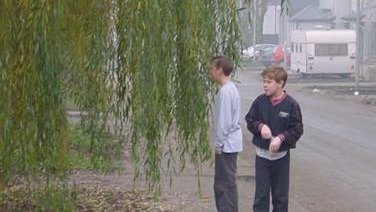
Espen adjusted well to Krakow and went to a Polish pre-school up the street. He called it “two cats” because the woman who ran the school had two cats. He learned Polish w/o knowing what he was doing and I got a great insight into language learning from him. I heard him speaking to the cleaning woman in Polish, but he denied being able to speak the language when I asked him about it. He told me that he didn’t speak Polish. “Those are just the words I have to use with her,” he explained.
We bought a house in Virginia after we came back from Poland in 1997. Espen went to Strevewood Grade School. Espen and Alex had a lot of friends during our three years there. Espen played on the Fairfax County little kids’ league. His team was called the little wizards and they were good.
We moved back to Poland in 2000, this time to Warsaw. Espen and the other kids attended the American School in Warsaw and they were lucky enough to get a brand new school building. The American School in Warsaw was a very posh place. It is hard for working diplomats to have kids in this sort of school, because many of their local classmates are fabulously rich. The government pays for our kids but those local guys who can afford the tuition themselves are very well off. Espen went to one birthday party where they drove around in little Mercedes go-karts and got helicopter rides. He wondered why his birthday parties were so pedestrian. The locals think that all American diplomats are rich, but we just can’t play in their world.
Below is our home in New Hampshire.

We came back to the U.S. in 2003, but lived up in New Hampshire, as I got the job as State Department Fellow at Fletcher School of Law & Diplomacy. Espen attended the Middle School in Londonderry, NH. It was hard for the kids. Many of the families have been established there for generations. It is hard for newcomers, especially since we knew we would be there only for a year.
We moved back to Virginia in 2004, same place where we lived before. Espen went to Kilmer Middle School and then George C Marshall HS. He still had some friends here and made new ones. As I write this, I hear them all downstairs talking. Parents can’t compete with friends at that age. Virginia is home now.
These are my brief thoughts about my son on his birthday. Of course, there is a lot more than I am writing. Suffice to say, I am thinking about the last eighteen years. I miss the baby and the child, and I love and I am proud of the young man he has become.






